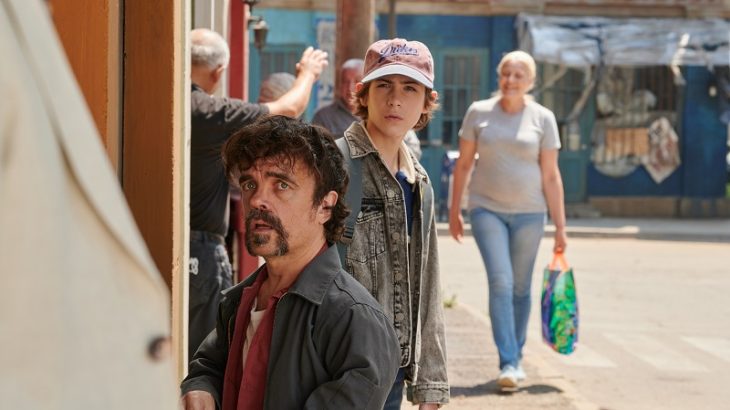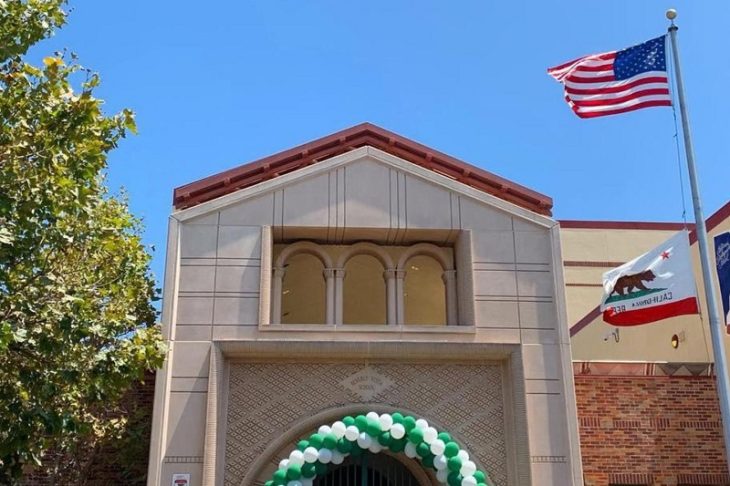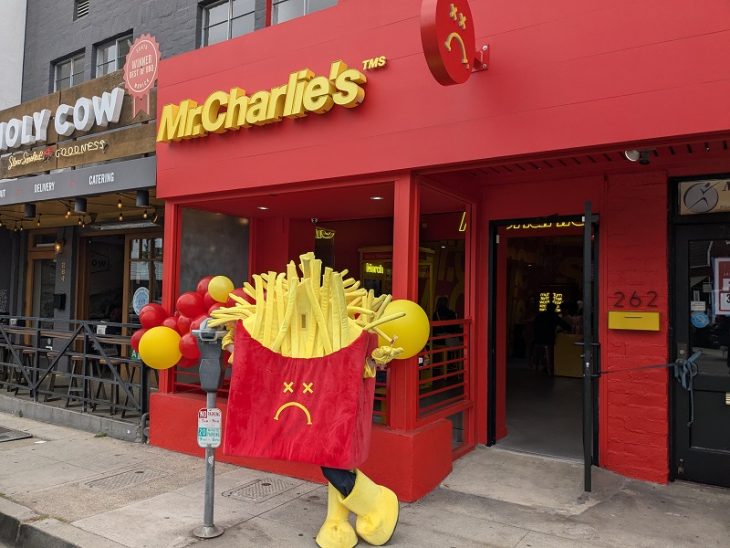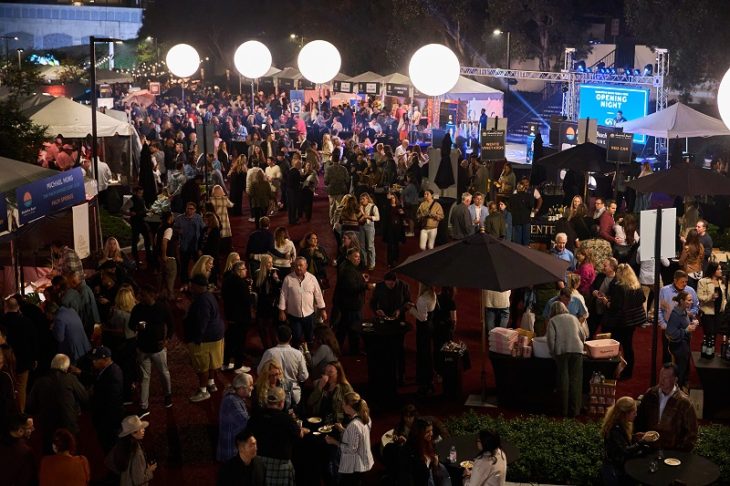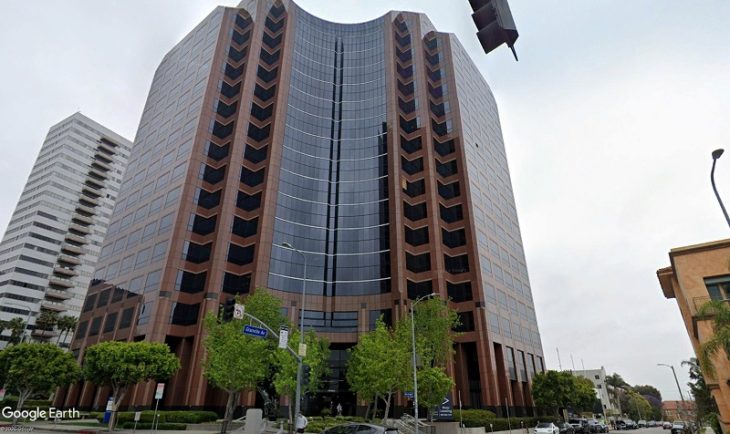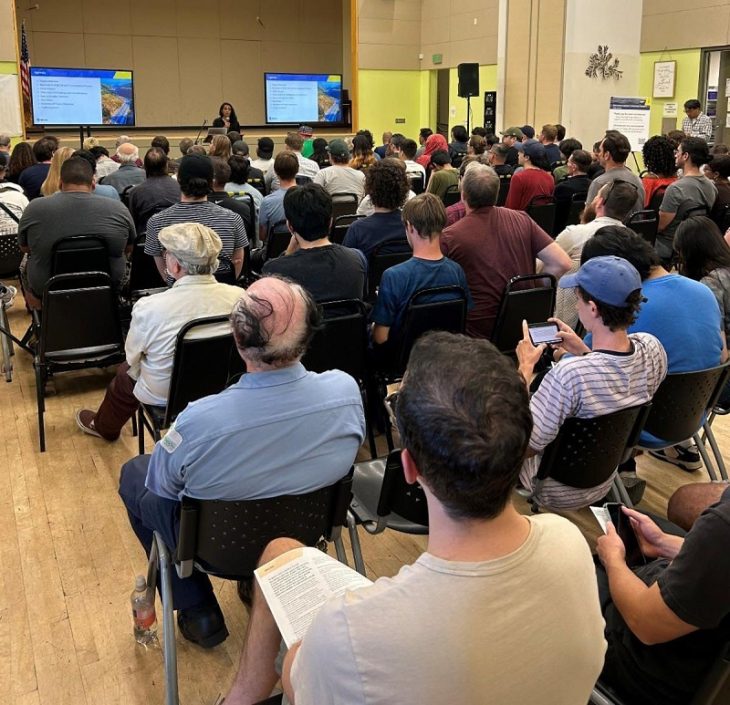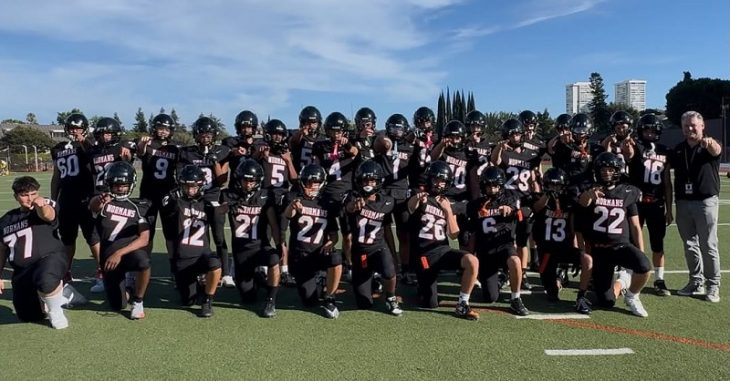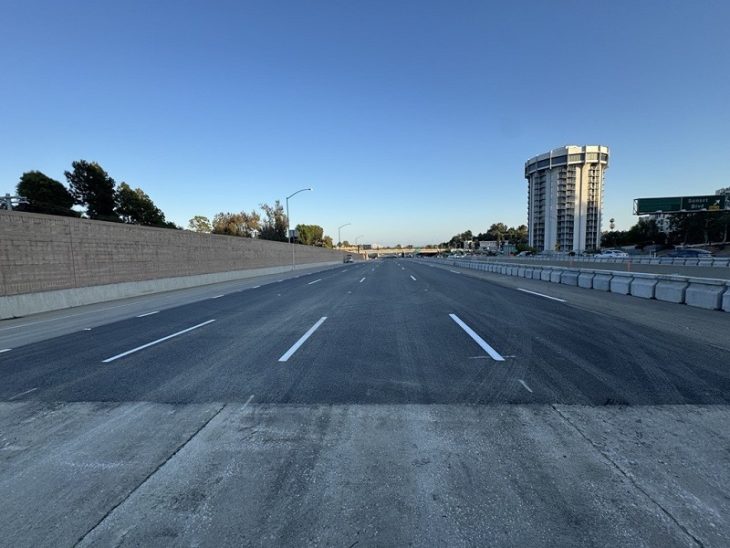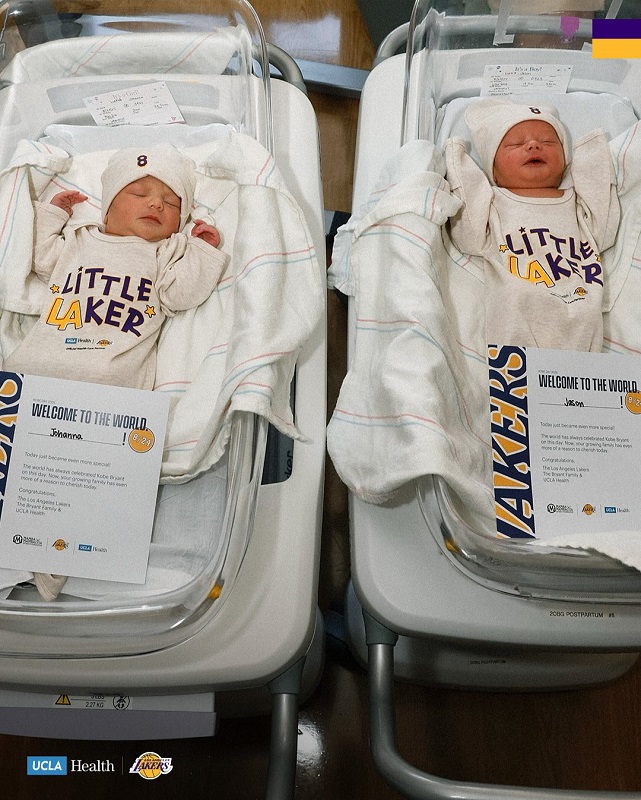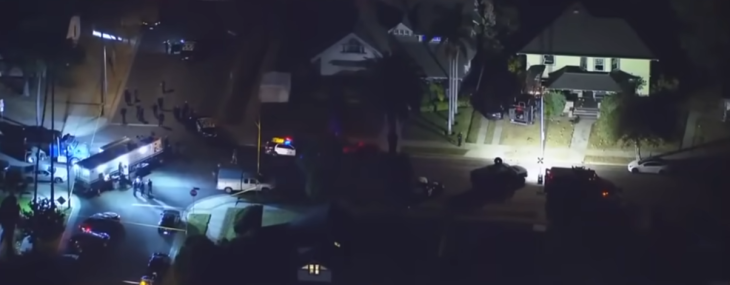Something That He Didn’t Expect To Be Doing, But He Is Advising the City
As the discussion around the future of al fresco dining in Los Angeles continues, UCLA graduate student Graham Rossmore has emerged as a key expert sought after by local officials, as reported by the UCLA Newsroom. Rossmore, who will receive his master’s degree in urban planning from UCLA’s Luskin School of Public Affairs on June 16, has dedicated his capstone project to analyzing the economic benefits and drawbacks of continuing outdoor dining that became popular during the COVID-19 pandemic.
The central question Rossmore explored was whether the economic advantages of allowing al fresco dining on public property outweigh the potential loss of revenue from parking meters. His findings revealed that the benefits of continuing outdoor dining surpassed the revenue loss from various sources, offering a range of advantages beyond financial considerations.
“Al fresco dining encourages pedestrian activity and alternative modes of transportation, allowing people to truly enjoy their neighborhoods,” said Rossmore.
Capstone projects at UCLA Luskin provide students with an opportunity to delve into timely public policy issues, often collaborating with local government agencies. However, Rossmore’s research had a more immediate impact on citywide policy decisions. A Canadian-born American, Rossmore spent most of his 15 years in California without a car, which sparked his interest in urban planning and transportation, particularly parking policy.
Under the guidance of Donald Shoup, a distinguished research professor at UCLA Luskin and an esteemed parking expert, Rossmore examined whether cities should maintain the conversion of outdoor public spaces into al fresco dining areas, which initially began as a temporary response to the pandemic. His focus was on the Rustic Canyon neighborhood in Pacific Palisades, where he resided at the time.
Restaurants in the area transformed off-street parking lots into vibrant al fresco dining spaces, investing significant resources in lighting, fixtures, heating, and seating. Interviews with restaurant owners revealed that these efforts resulted in doubled sales and expanded customer bases.
Rossmore’s research led to a summer internship with Los Angeles City Councilman Paul Krekorian’s office, and he eventually became involved in the city’s Al Fresco Dining program within the parking meters division of the Los Angeles Department of Transportation (LADOT). His experiences with LADOT informed his capstone project and vice versa. Rossmore discovered that the tax revenue generated by al fresco dining was sufficient to offset the revenue loss from parking meters.
In presentations to LADOT leaders and city officials, he emphasized the broader benefits of outdoor dining, including increased sales tax revenue, improved economic output, and reduced vehicle use as residents dined closer to their homes.
Moreover, Rossmore noted that restaurants did not report a decline in customers or complaints about parking despite removing parking spots for al fresco dining.
The capstone report by Rossmore thoroughly analyzes three forms of al fresco dining: sidewalk dining, dining in formerly metered street spaces, and dining in private lots. Each format presents its own regulatory considerations, with sidewalk dining falling under the Department of Building and Safety purview due to safety codes and compliance requirements, including the Americans with Disabilities Act.
As Los Angeles continues to explore the potential of al fresco dining as a permanent feature of the city’s culinary landscape, Rossmore’s research provides valuable insights into its economic benefits and the associated impacts on urban planning and transportation. His work stands as a testament to the role of graduate students in shaping public policy and contributing to the vibrant evolution of the city.

